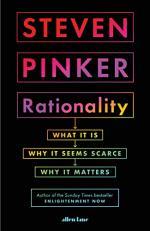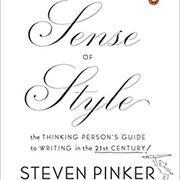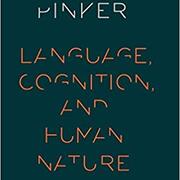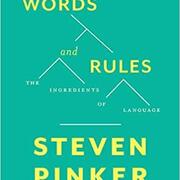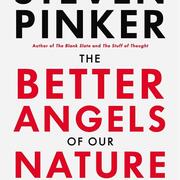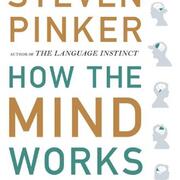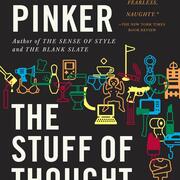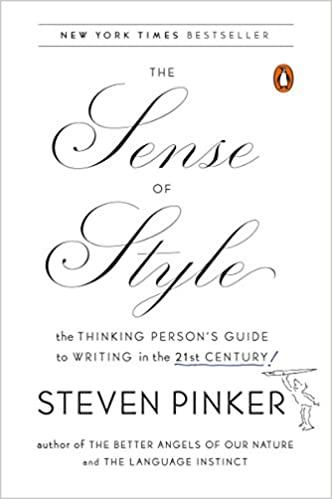Language, Cognition, and Human Nature collects together for the first time much of Steven Pinker's most influential scholarly work on language and cognition. Pinker's seminal research explores the workings of language and its connections to cognition, perception, social relationships, child development, human evolution, and theories of human nature.
This eclectic collection spans Pinker's thirty-year career, exploring his favorite themes in greater depth and scientific detail. It includes thirteen of Pinker's classic articles, ranging over topics such as language development in children, mental imagery, the recognition of shapes, the computational architecture of the mind, the meaning and uses of verbs, the evolution of language and cognition, the nature-nurture debate, and the logic of innuendo and euphemism. Each outlines a major theory or takes up an argument with another prominent scholar, such as Stephen Jay Gould, Noam Chomsky, or Richard Dawkins. Featuring a new introduction by Pinker that discusses his books and scholarly work, this collection reflects essential contributions to cognitive science by one of our leading thinkers and public intellectuals.
REVIEWS:
"Pinker is an intellectual giant in the field, one of the most important psychologists and thinkers in our day. This compilation is outstanding, a fitting crown on his career so far, although I suspect he has much more to contribute. Even though I'd read a handful of these papers before, there were some that I was unaware of that are gems. Even those I'd read before, I re-read, and got even more on the second reading." -- David Buss, author of Evolutionary Psychology: The New Science of the Mind
"With wit and acumen, Pinker introduces us to some of his most important scientific contributions. These glimpses into the development of these foundational articles and of course the articles themselves will be of great interest to academics and to his many fans beyond the walls of academia." -- David C. Geary, author of Male, Female: The Evolution of Human Sex Difference
A Pinker View of Almost Everything - Michael Corballis
AVAILABLE AT:
Amazon
Amazon UK
Barnes & Noble
IndieBound
